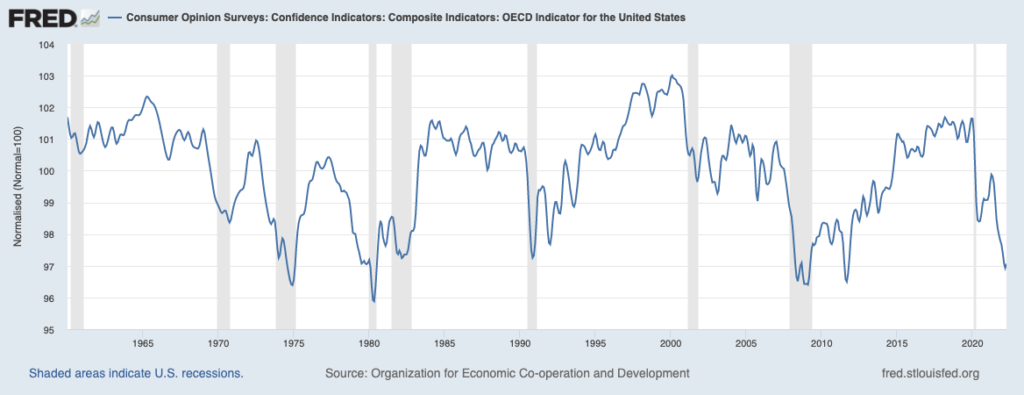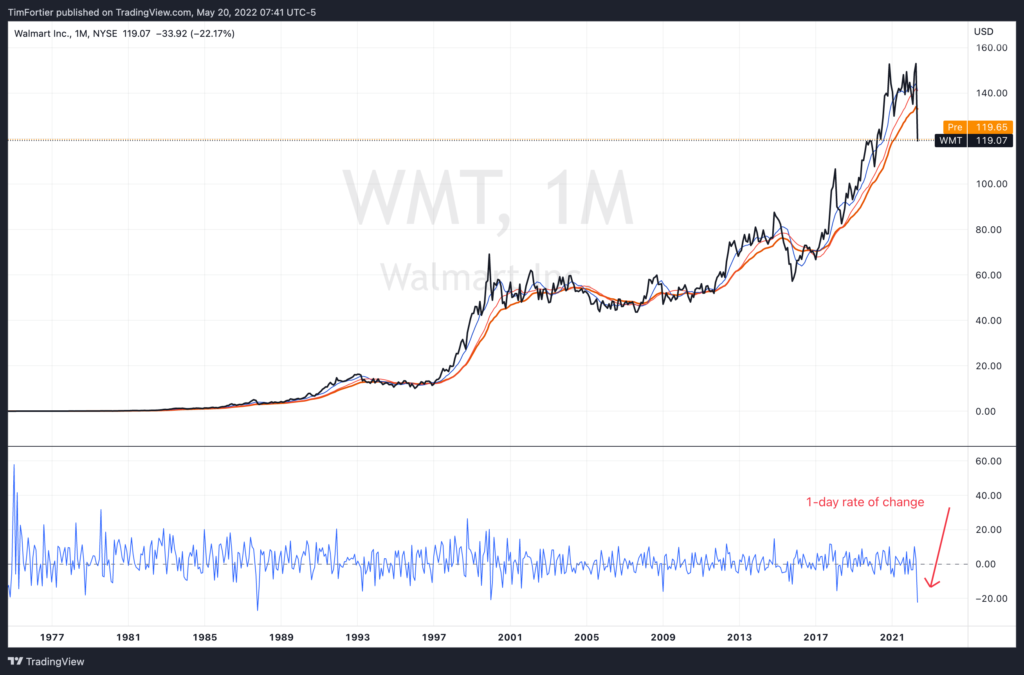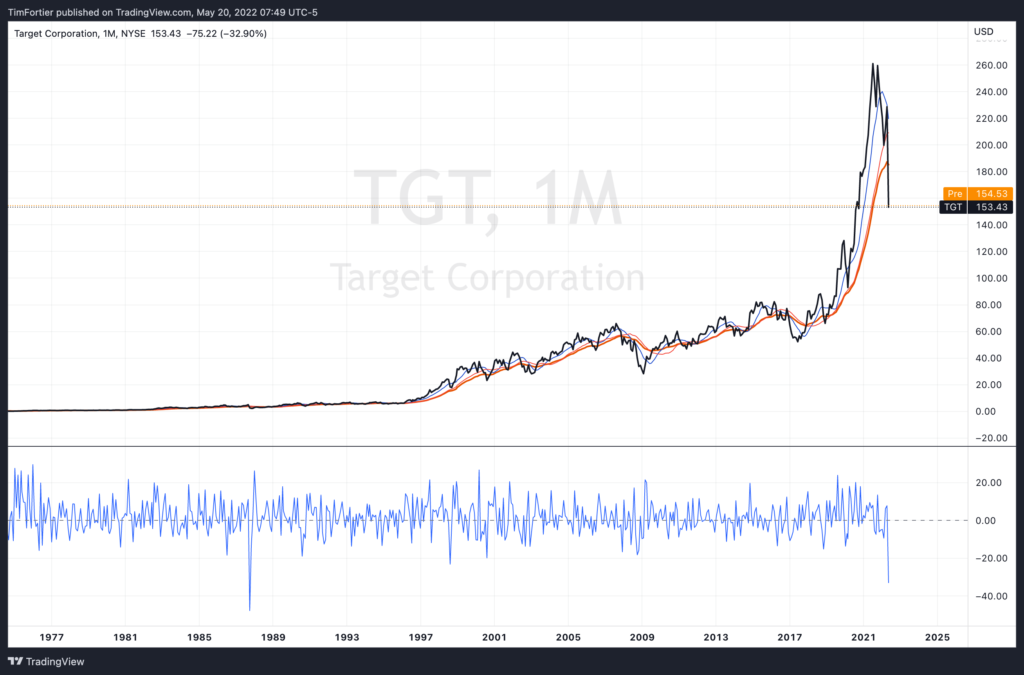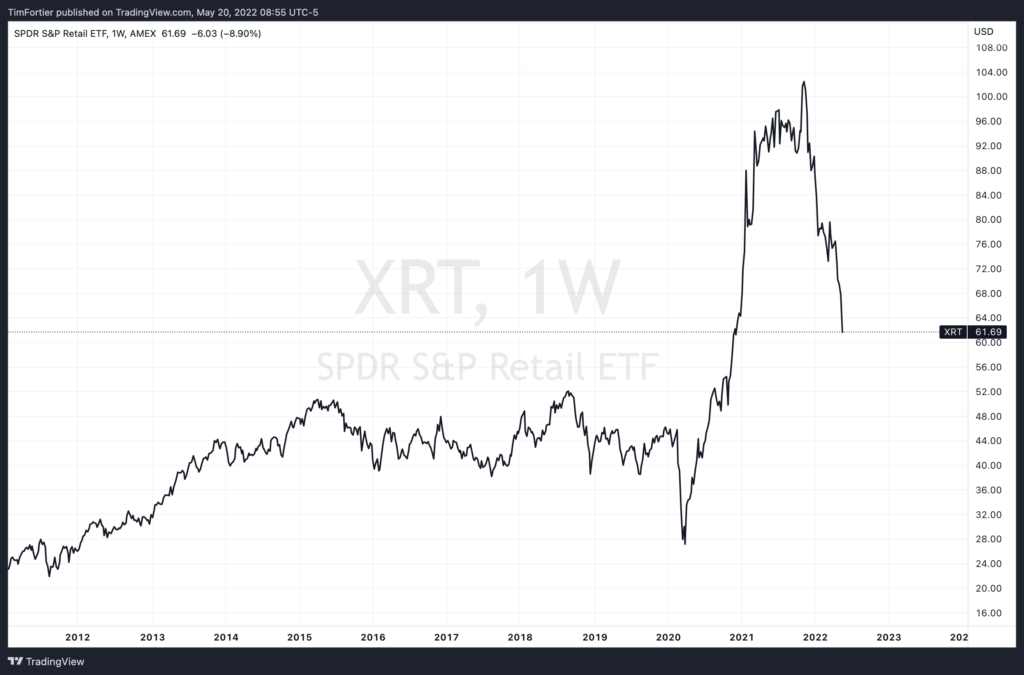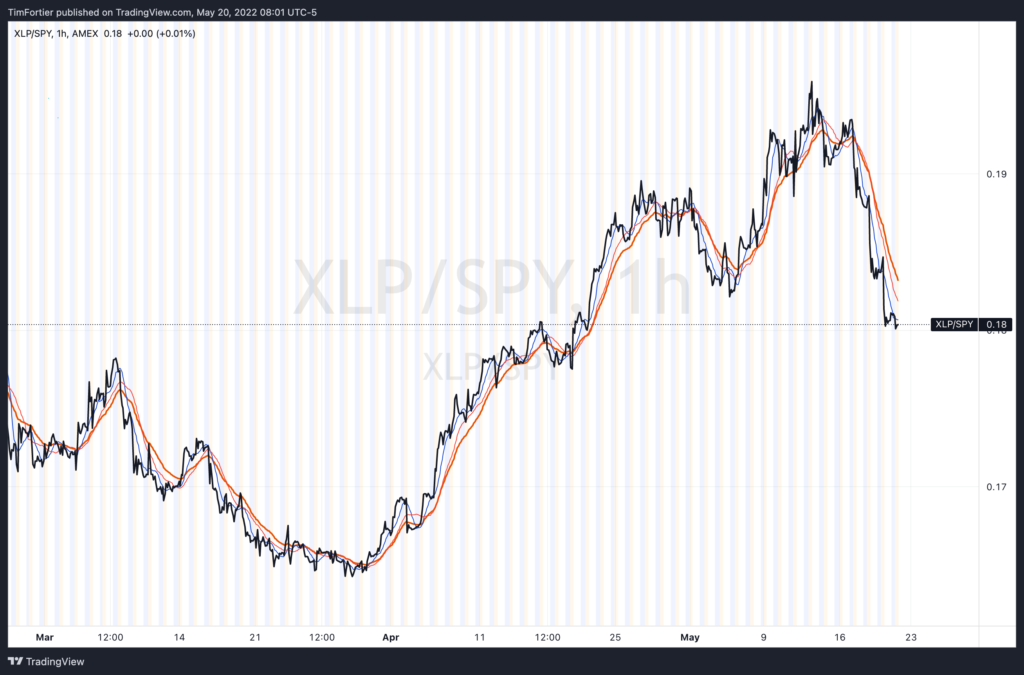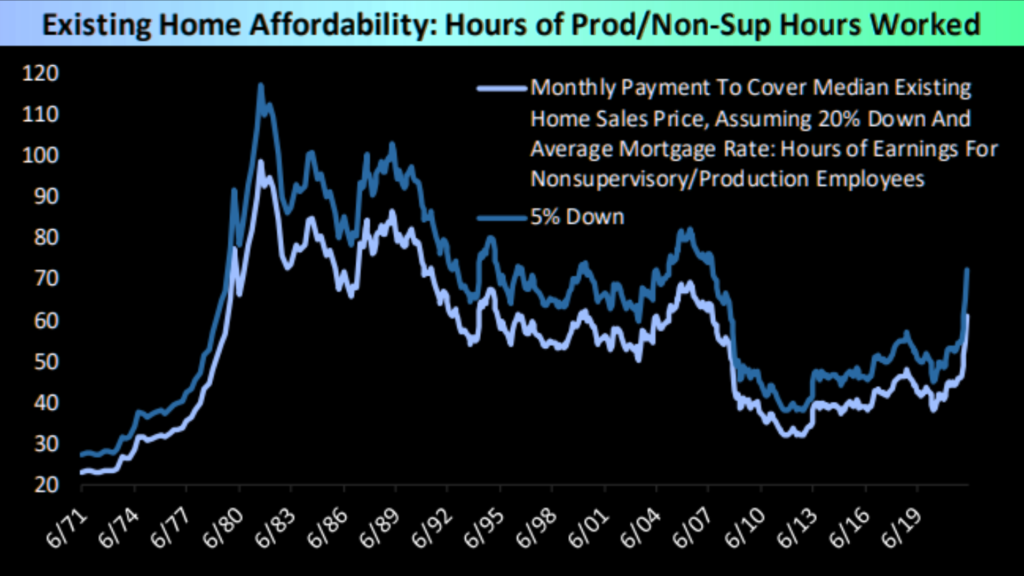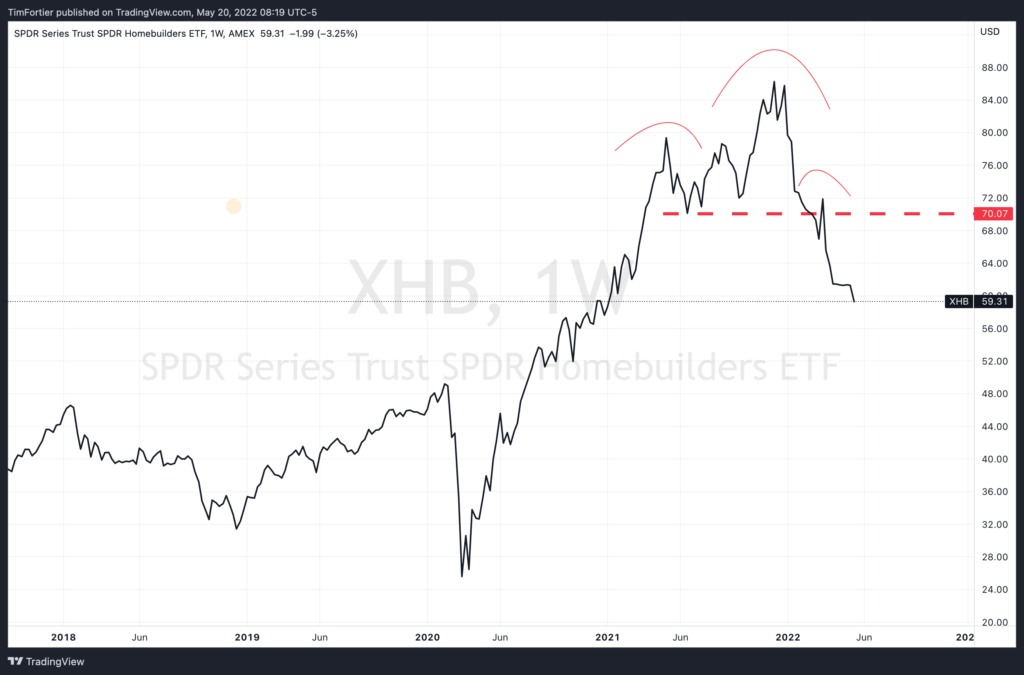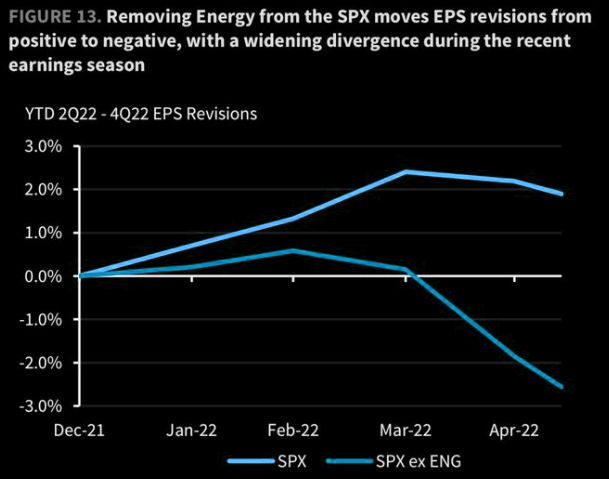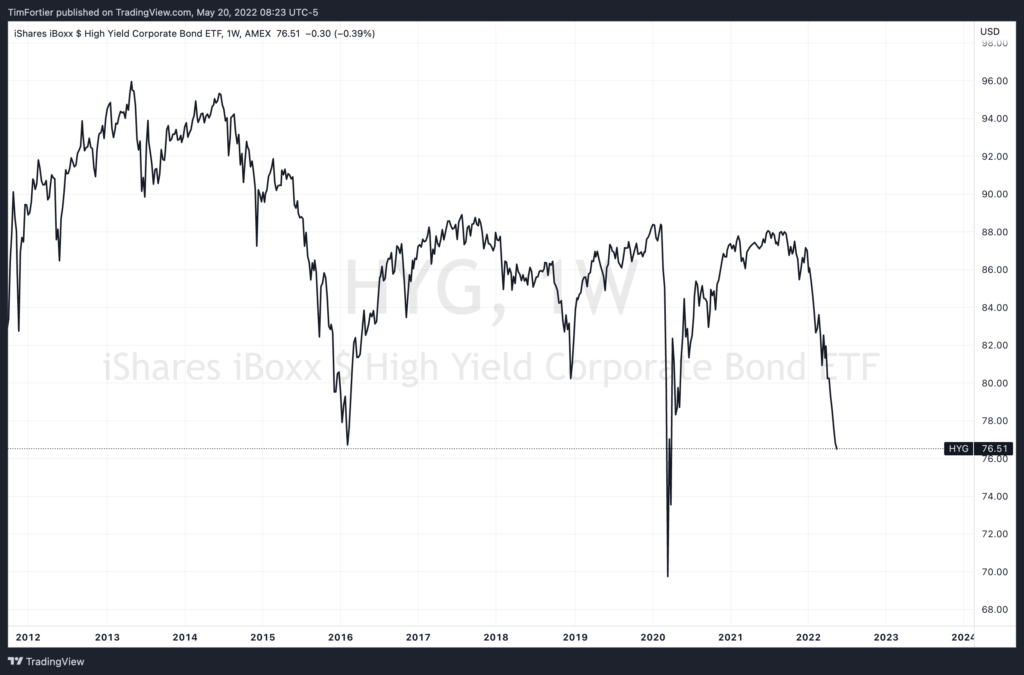Related Blogs
May 23, 2022 | Avalon Team
Are we headed for a recession? The growing evidence that suggests the answer to this question is, unfortunately, yes.
U.S. GDP fell at a 1.4% annual rate in the first quarter – another quarter of negative growth would officially mark a recession.
Those who think a recession can be avoided are of the groupthink that somehow the Fed will thread the needle between normalizing monetary policy and a recession.
This seems highly unlikely, as:
- Every inflationary shock in the past 50 years has preceded a recession.
- Every housing bubble in 75 years has preceded a recession.
- 8 out of 10 interest hiking cycles have preceded a recession.
- Even the implosion of the Dot.com bubble preceded a recession.
Today, we have every one of those conditions.
- Inflation is at the highest level in over 40 years.
- Housing costs are the most expensive in history and mortgage rates have doubled over the past few months, making housing unaffordable.
- High-valuation tech stocks and speculative growth stocks have been decimated in the past year.
- The Fed is way behind the curve and is embarking on an aggressive policy to increase interest rates.
If there were any doubt as to the seriousness of the Fed’s intent to raise interest rates, Jerome Powell put that to rest Tuesday when he emphasized his resolve to get inflation down, saying he’ll back interest rate increases until prices start falling back toward a healthy level.

This puts the Fed aggressively tightening after we have already seen a negative print for GDP and consumer confidence and business conditions are rapidly declining.
What many investors fail to understand (but institutions DO understand) is that the Fed bailout cycle is OVER. The Fed Put is GONE. The Fed is NOT coming to the rescue anytime soon.
The Fed is intent on normalizing monetary policy as quickly as possible because:
- They acted too late.
- They can see a recession coming.
- They are going to need as much dry powder as possible.
The irony is that the Fed (and investors) are now trapped in this policy corundum. They must tighten to attempt to control inflation, and in doing so will actually accelerate the process of a recession.
And where does it show the worst? With consumers.
The consumer is being squeezed with rapidly rising costs for damn near everything.
Last week we saw an epic implosion in the retail stock sector.
First, on Tuesday, shares of Walmart fell 11.4% after reporting weaker than expected earnings.

This was the single largest one-day decline in decades.
Walmart’s results were endemic of hitting the brakes by consumers. Rising interest rates are forcing consumers to reduce spending and companies are being affected by higher gas prices and higher wages and inflation they can’t pass on to the consumer.
Not to be outdone, on Wednesday it was Target’s turn.
The same reported problem. The same result.
Over recent months, investors have run to names like Walmart and Target, believing that they were “defensive.”
And now, Ross Stores (ROST) has become the latest retail stock slammed after signaling that inflation was a problem. Shares of the off-price retailer are sinking 30%, following quarterly misses on profit and revenue. In its Q1 earnings, Ross Stores also issued downbeat guidance.
It should be no surprise that the SPDR Select Retail ETF is also in a free fall.
Looking on a broader level, we can see how the Consumer Staples sector is now underperforming the general market.
The stresses are showing up everywhere.
As regular readers know, I have been warning of anticipated weakness in the home builders.
This week, I saw some of my concerns being manifested in this headline.

And the housing stocks are falling… and will continue to fall as lack of affordability becomes a key factor.
What’s important for investors to recognize, is that earnings revisions, ex-energy, are heading south.
Meanwhile, the credit markets continue to scream stress.
This chart shows how high-yield credit is down 13% from its recent peak and is still falling.
What we’re witnessing is “demand destruction” where there is a sustained trend downward in the demand for goods and services.
With the consumer representing two-thirds of the economy, the signs are everywhere that we’re heading into the next recession.
Brace yourself as it’s not likely to be too pretty.
If you have any questions or have been considering hiring an advisor, then schedule a free consultation with one of our advisors today. There’s no risk or obligation—let's just talk.
Tags

Free Guide: How to Find the Best Advisor for You
Get our absolutely free guide that covers different types of advisory services you'll encounter, differences between RIAs and broker-dealers, questions you’ll want to ask when interviewing advisors, and data any good financial advisor should know about you and your portfolio.


